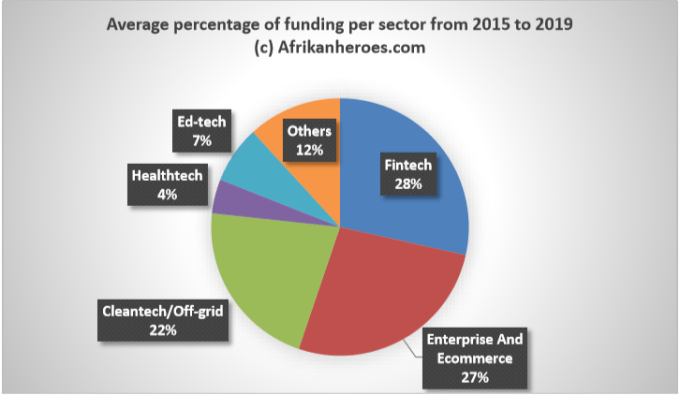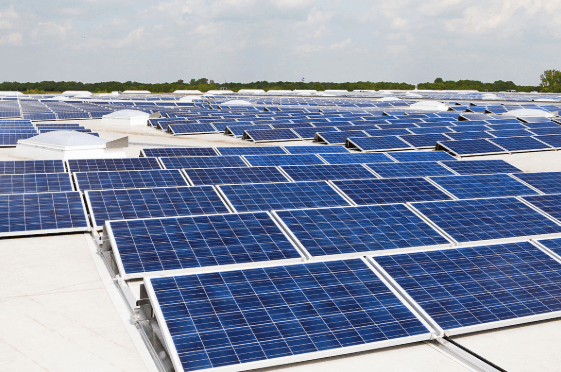Africa-focused Investor Sunfunder Defies Covid-19 To Close $140m In Funding For Off-grid Energy Companies
Even though the coronavirus ravaged the world for a greater part of last year, SunFunder, the Kenya-based venture capital company offering debt financing to solar companies in emerging and frontier markets, and previous investor in Nigerian solar energy company — Zola Electric, has announced it increased its funding to or emerging market solar to $140 million. The company said part of the funding came from the over-subscribed $70m SET Fund, which saw commitments from new investors including Swedfund and OeEB.

“With the closing of the oversubscribed SET Fund, we are now looking ahead to accelerating our investments and impact over the coming years. This will take new partnerships, new fund structures and new capital committed to the climate finance and clean energy transition,” the company said.
Just recently, the company syndicated an $11m debt facility for Nairobi-headquartered off-grid solar technology company servicing smallholder farmers, SunCulture. The co-investors were Triodos Investment Management, Nordic Development Fund, AlphaMundi and an AfDB fund managed by Lion’s Head.
The firm which currently has 56 portfolio companies across 23 countries, said 8 more potential investments are currently in advanced due diligence stage.
Read also: How Nigerian Plant-Based Meat Startup Got Funding From Swedish Partners
A Look At What SunFunder Does And How Off-grid Companies May Apply For Loans From It
SunFunder provides innovative debt financing for solar enterprises working in emerging and frontier markets. It collaborates with major debt fund investors around the world to unlock capital for solar energy projects. Find out more below.
It invests in solar enterprises across Africa and other regions that need debt financing to scale. The company helps companies that are active in the off-grid, residential, productive use, mini-grid and commercial and industrial solar sectors. These companies range from established global players to early-stage pioneers.
To know more about SunFunder’s loan application process, click here.
Charles Rapulu Udoh

Charles Rapulu Udoh is a Lagos-based lawyer who has advised startups across Africa on issues such as startup funding (Venture Capital, Debt financing, private equity, angel investing etc), taxation, strategies, etc. He also has special focus on the protection of business or brands’ intellectual property rights ( such as trademark, patent or design) across Africa and other foreign jurisdictions.
He is well versed on issues of ESG (sustainability), media and entertainment law, corporate finance and governance.
He is also an award-winning writer















